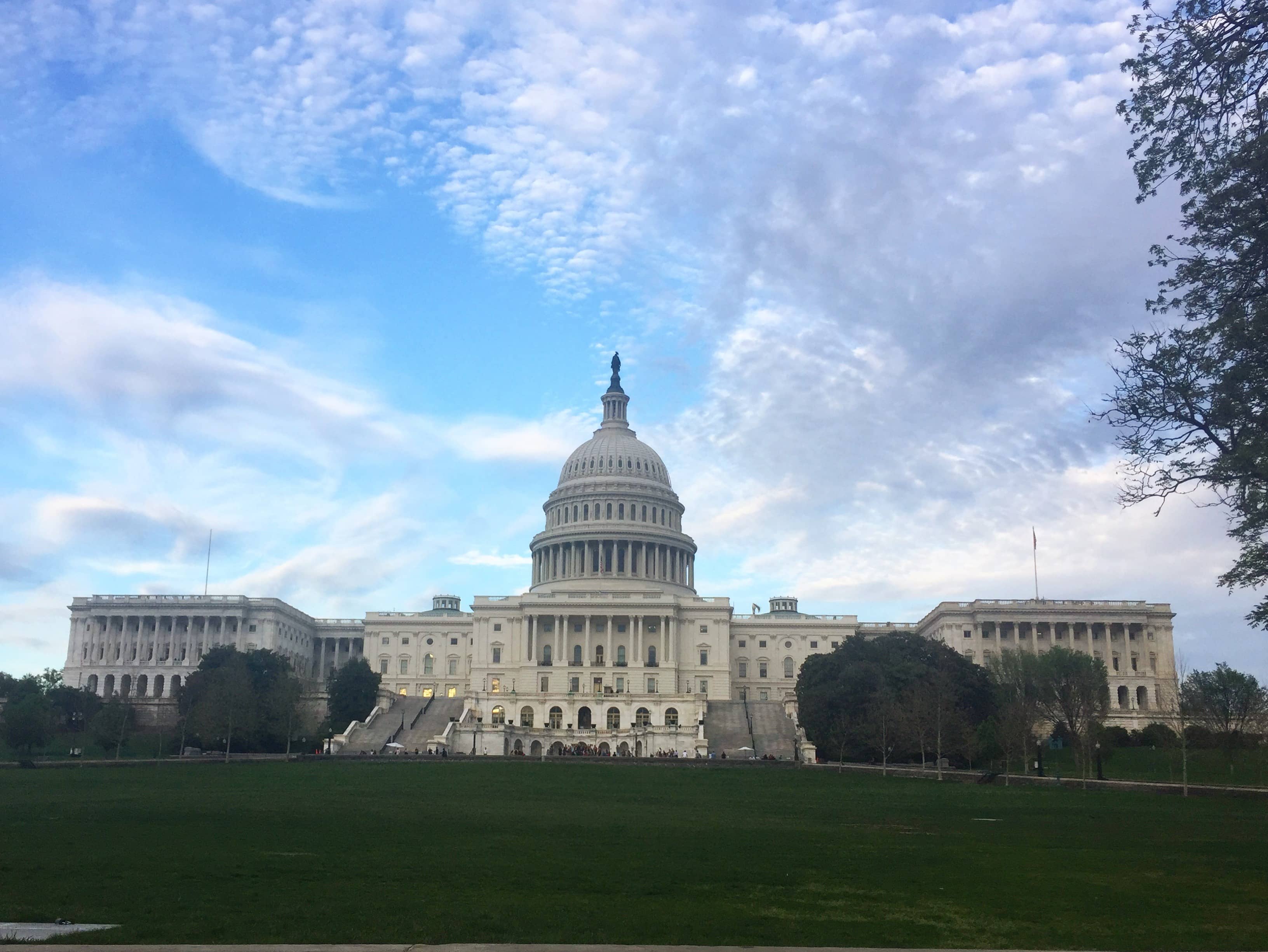
BISMARCK, N.D. (G&F) – Wildlife conservationists in North Dakota and elsewhere applauded the U.S. House of Representatives for passing the bipartisan Recovering America’s Wildlife Act earlier this month, lauding the landmark legislation as the most significant investment in wildlife conservation in a generation.
If approved by the Senate, RAWA will provide unprecedented levels of funding for states, along with tribal nations, to conserve and recover imperiled wildlife and plant species.
According to the Association of Fish and Wildlife Agencies, RAWA would strengthen the nation’s conservation legacy by dedicating $1.3 billion annually for state-level conservation and $97.5 million to tribal nations to recover and sustain healthy fish and wildlife populations. The funds will be used to accelerate the recovery of the more than 12,000 species of greatest conservation need across the country by implementing strategies identified in each state’s federally approved State Wildlife Action Plan.
If approved as is, it’s estimated that North Dakota could receive about $15 million annually in dedicated wildlife funding.
Jeb Williams, North Dakota Game and Fish Department director, said that while RAWA passing the House was momentous, he understands the hurdles the bill must clear to become reality.
“The Senate will now be the next step in the process and discussion continues amongst leadership on the importance of this funding,” he said.
Wildlife managers, Williams said, understand that listing a species as federally threatened or endangered may restrict or intensify certain actions on private and public lands. The cost of protection or restoration of a listed species is often far greater than preventing or stemming the decline in the first place.
“We have 115 species of conservation priority in North Dakota and the backbone of RAWA is to give extra attention to those species so they don’t become threatened or endangered,” he said. “Recovering America’s Wildlife Act is a state wildlife grant on steroids and the funding will certainly provide us the opportunity in North Dakota to keep that from happening.”
